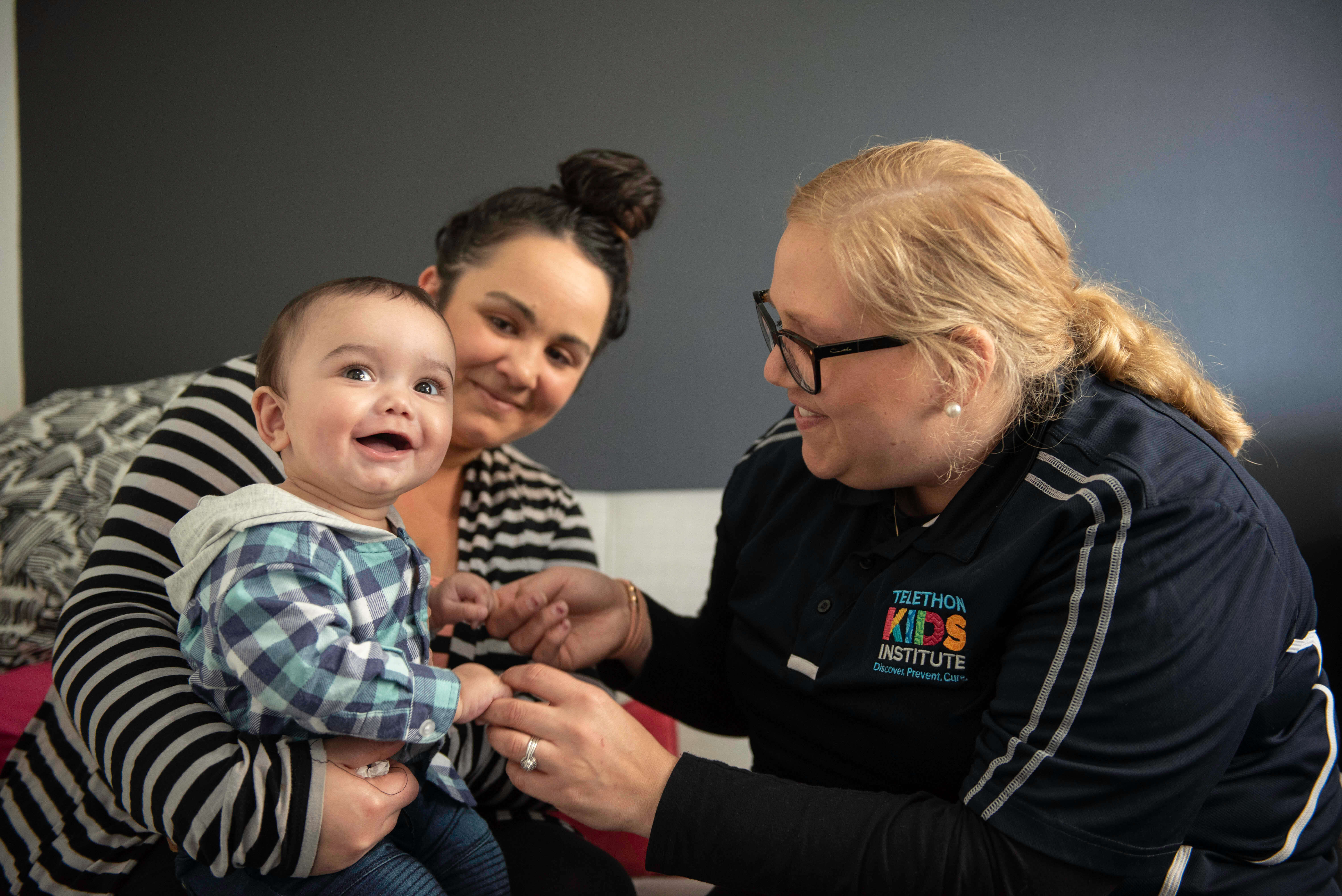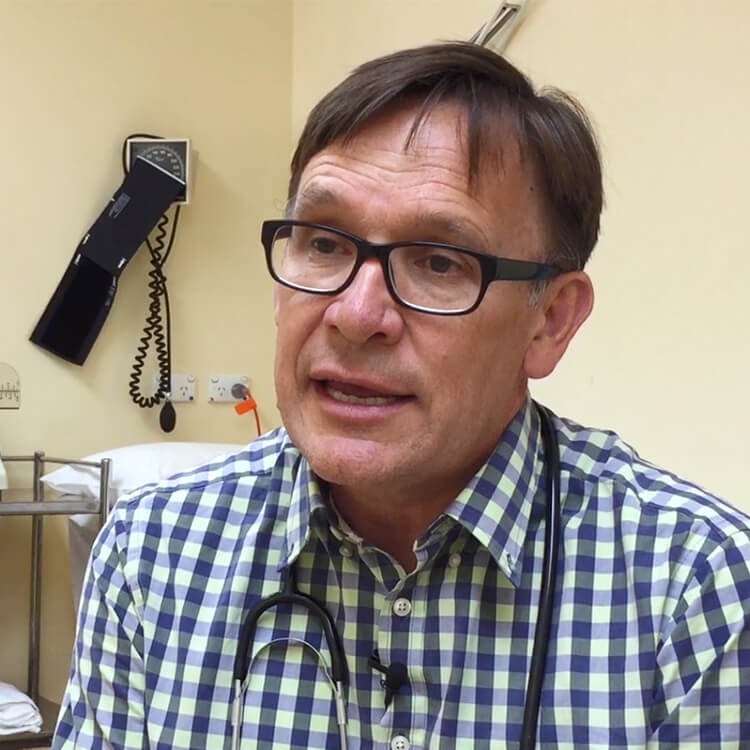Search
Research
Virus detection and its association with symptoms during influenza-like illness in a sample of healthy adults enrolled in a randomised controlled vaccine trialViral respiratory infections are associated with significant morbidity and mortality.
Research
Toll-like receptor 7 and 8 polymorphisms: associations with functional effects and cellular and antibody responses to measles virus and vaccineSuccessful defence against viral pathogens requires the rapid recognition of virus-specific "danger signals" and the activation of both innate and adaptive...
Research
Opportunities and challenges of the pulmonary route for vaccinationThe respiratory tract is an attractive target for the delivery of vaccine antigens.
Research
Preterm infants have deficient monocyte and lymphocyte cytokine responses to group B streptococcusGroup B streptococcus (GBS) is an important cause of early- and late-onset sepsis in the newborn. Preterm infants have markedly increased susceptibility...
Research
The changing epidemiology of invasive pneumococcal diseaseWe investigated trends in invasive pneumococcal disease (IPD) in Western Australia (WA).
Research
Vaccinating young adults against HPV: the importance of understanding health decision-making and behaviourVaccination of young teenage females against human papillomavirus (HPV) with a newly licenced quadrivalent vaccine designed to prevent cervical cancer and...

News & Events
Wesfarmers tops 2019 GivingLarge ReportThe major funder of the Wesfarmers Centre of Vaccines and Infectious Diseases based at The Kids Research Institute Australia has been recognised as Australia’s most generous giver.

News & Events
Babies at risk due to delayed vaccinationsAs many as a quarter of Australian babies aren’t getting vaccinated on time, leaving them at risk of developing life-threatening illnesses such as whooping cough when they are most vulnerable.

News & Events
New meningococcal strains bring increased risk in WAA new study has confirmed the changing pattern of meningococcal disease in Western Australia.

News & Events
The Kids Research Institute Australia leads WA arm of Australia’s first needle-free COVID-19 vaccine studyEnrolments for Australia’s first needle-free, gene-based COVID-19 vaccine study – to be led in WA by The Kids Research Institute Australia – are open.
